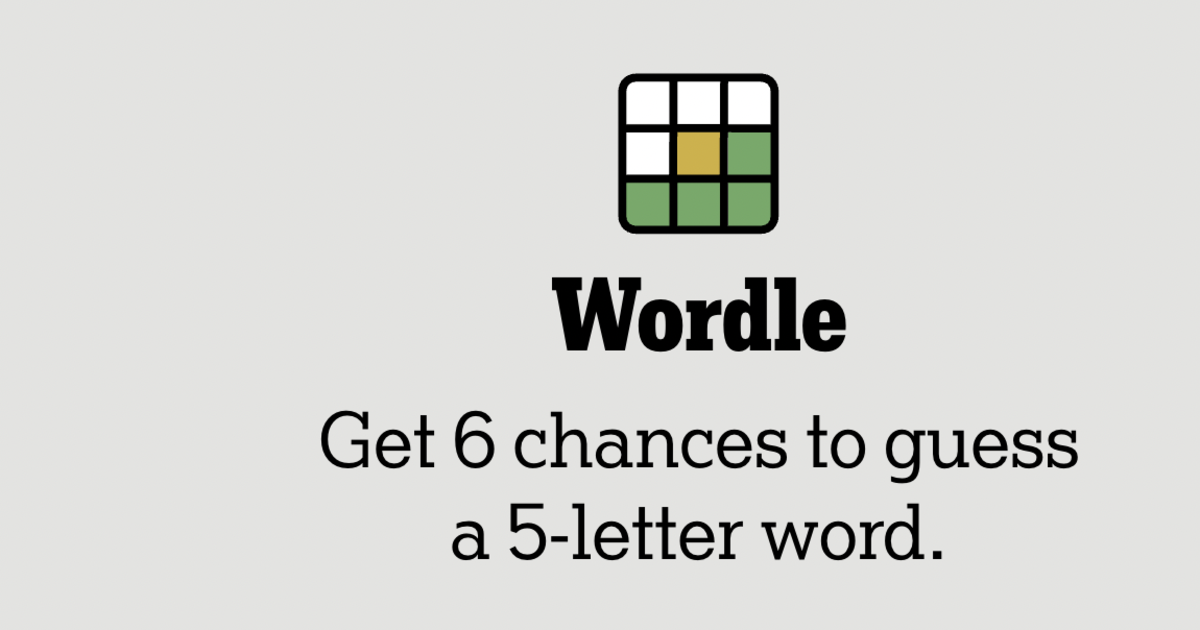Copyright Fox News

NEWYou can now listen to Fox News articles! Do rude prompts really get better answers? Short answer: sometimes. A 2025 arXiv study tested 50 questions rewritten in five tones and found that rude prompts slightly outperformed polite ones with ChatGPT-4o. Accuracy rose from 80.8% for very polite to 84.8% for very rude. The sample was small, yet the pattern was clear. But not so fast, this story has layers. A 2024 study that looked at multiple languages painted a different picture. It found that impolite prompts often lowered performance, and that the "best" level of politeness changed depending on the language. In other words, the details really matter. OPENAI SAYS NEW GPT-5 MODELS SHOW MAJOR DROP IN POLITICAL BIAS Sign up for my FREE CyberGuy Report Get my best tech tips, urgent security alerts, and exclusive deals delivered straight to your inbox. Plus, you’ll get instant access to my Ultimate Scam Survival Guide — free when you join my CyberGuy.com/Newsletter Why tone might change outcomes Large Language Models (LLMs) tend to mirror the wording they receive. When you sound direct or even a little blunt, you often give clearer instructions. That helps cut down on confusion and pushes the model to deliver sharper, more focused answers. A 2025 paper published on arXiv found that tone alone can shift accuracy by a few points, although more research is needed to confirm those results. In an earlier study led by researchers from Waseda University and RIKEN AIP, the team compared English, Chinese and Japanese prompts. They discovered that the ideal level of politeness varied by language, showing how cultural norms shape the way AI interprets human requests. In short, what works in one language might not land the same way in another. Americans split on whether to be polite to AI chatbots Nearly half of Americans say people should be polite to AI chatbots, according to an April 30, 2025, YouGov survey. Many users do it out of habit or courtesy. Microsoft's design leaders even recommend basic etiquette with Copilot. "Using polite language sets a tone for the response," says Kurtis Beavers. Models tend to mirror the professionalism and clarity of your prompt. Yes, niceties have a cost Good manners may be polite, but they are not free. OpenAI CEO Sam Altman said that people saying "please" and "thank you" to ChatGPT costs the company millions of dollars each year. Every extra word adds tokens for the model to process, and those tokens require computing power and electricity. For a single user, that cost is tiny and hardly noticeable. Yet when millions of users do it all day, those small gestures turn into a major expense. In the end, even kindness comes with a price tag. CHATGPT MAY ALERT POLICE ON SUICIDAL TEENS How to prompt for accuracy without being a jerk Getting better answers from ChatGPT is not about yelling at it. It is about being clear and confident. Here is how to do that without crossing the line. Start with the goal. Tell the model what you want right away. Include the format and any limits up front so it knows where to focus. Get specific. Use numbers instead of vague words. "Write three bullet points" works better than "Write a few ideas." Add a check. Ask it to review its own steps or measure its answer against a simple checklist. That keeps things on track. Keep your tone firm but calm. You can be direct without being rude. Short, clear sentences usually get the best results. Experiment a little. Try one neutral prompt, one polite version, and one more direct. Compare the results and see which one performs best for your task. The point is not to be nice or nasty. It is to be clear, consistent and deliberate about what you ask. That is how you get smarter answers every time. Rude prompts and ChatGPT accuracy in practice Here's where things get interesting. If you're writing math problems, multiple-choice questions or coding tasks, a short, no-nonsense tone might actually help. The 2025 study showed that when users dropped the polite fluff and went straight to the point, ChatGPT's accuracy ticked upward. Still, don't expect miracles. The difference wasn't huge; think a few percentage points, not a full upgrade. Rude or direct prompts can sharpen a model's focus, but they won't suddenly turn an average prompt into a perfect one. The trick is to treat tone as just one lever in your prompt-engineering toolbox. Clarity, structure, and context matter more than attitude. So, how should you use this in real life? The findings might sound odd, but they offer a clear takeaway for anyone who uses AI tools daily. Here's how to put them into practice. Chase clarity, not cruelty. Be firm and specific. You can sound confident without sounding cranky. Read the room or the language. What's "direct" in English might come across as rude in Japanese or overly blunt in Chinese. Culture shapes how tone lands. Mind your tokens. Every "please" and "thank you" costs a little extra computer power, and when millions of people do it, that adds up fast. Altman wasn't joking about the price of politeness. Keep experimenting. Your best tone depends on your data, domain and goals. Try a few versions, track the results, and see what works best. In short, it's not about being rude for the sake of it. It's about being precise, purposeful and efficient, qualities that both humans and machines respond to. Take my quiz: How safe is your online security? Think your devices and data are truly protected? Take this quick quiz to see where your digital habits stand. From passwords to Wi-Fi settings, you’ll get a personalized breakdown of what you’re doing right and what needs improvement. Take my Quiz here: CyberGuy.com/Quiz CLICK HERE TO GET THE FOX NEWS APP Kurt's key takeaways In the end, tone really does make a difference, but it is not the whole story. Being a little blunt can sometimes help a chatbot focus better, yet clarity and structure still matter most. Think of tone as the seasoning on a meal, not the main course. The real secret is this: good prompts are clear, confident and purposeful. Whether you choose a polite tone or a more direct one, what matters is explaining exactly what you need. That is how you get consistent, high-quality answers without resorting to rudeness. So before you send your next question, ask yourself this: Are you being too polite to get results, or just polite enough to be understood? If being a little rude buys a few points of accuracy, would you trade etiquette for outcomes on your next prompt? Let us know by writing to us at CyberGuy.com/Contact Sign up for my FREE CyberGuy Report Get my best tech tips, urgent security alerts, and exclusive deals delivered straight to your inbox. Plus, you’ll get instant access to my Ultimate Scam Survival Guide — free when you join my CyberGuy.com/Newsletter Copyright 2025 CyberGuy.com. All rights reserved.



